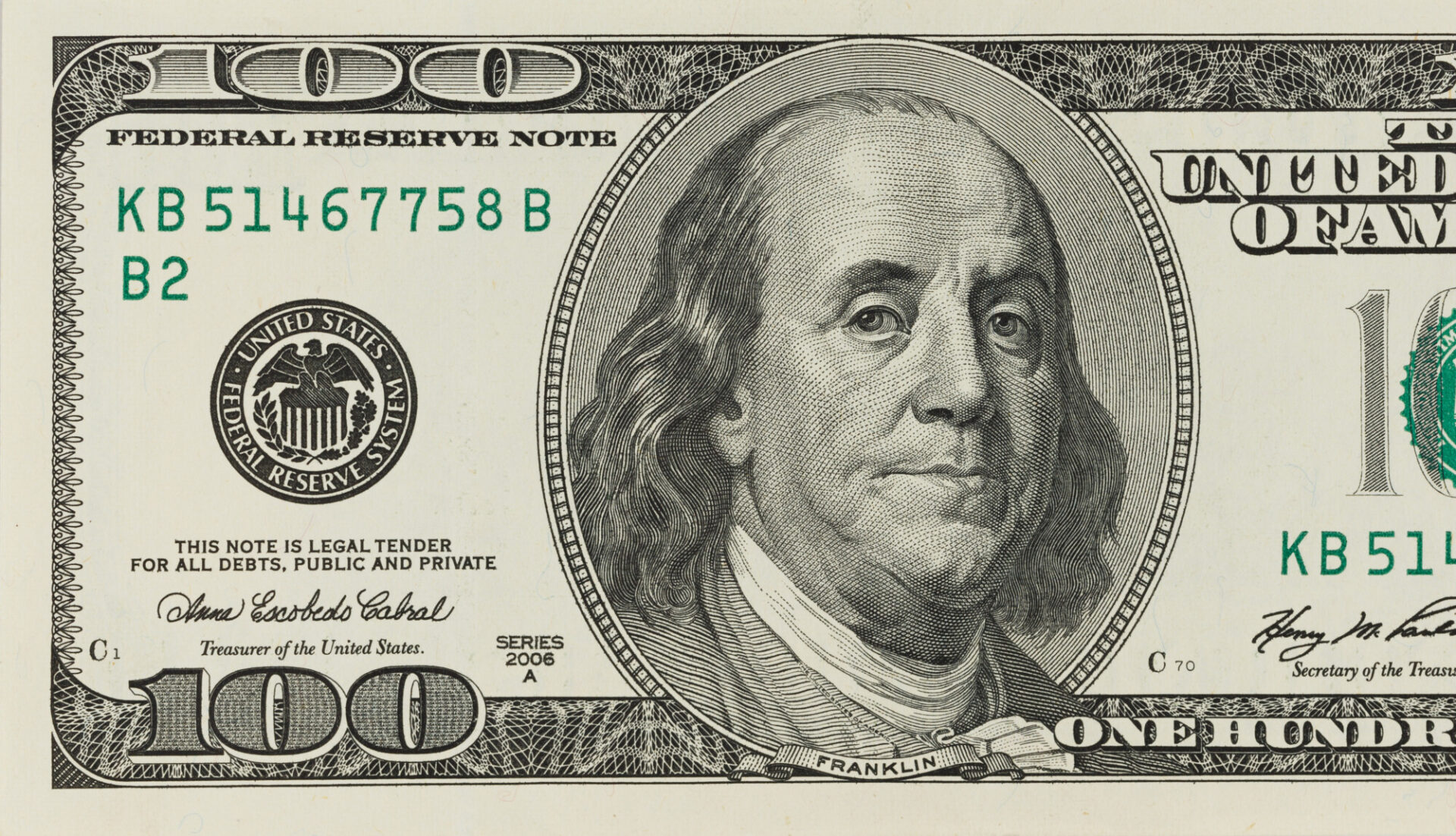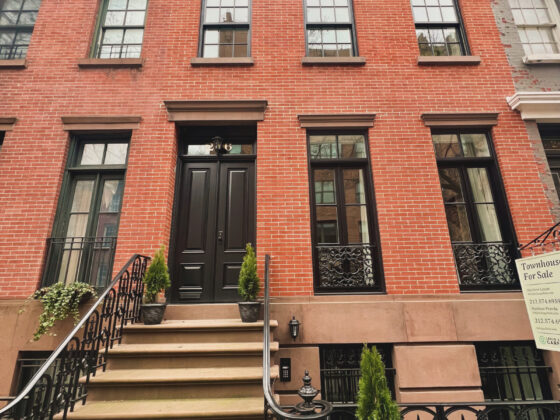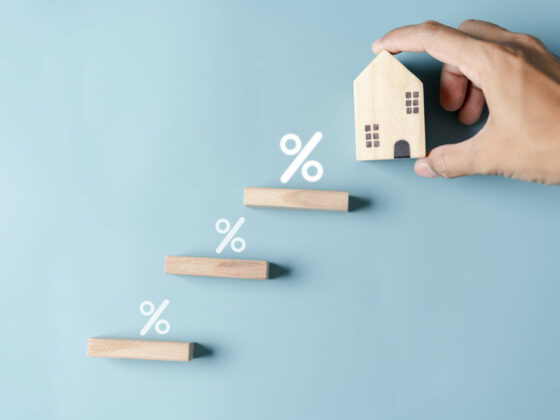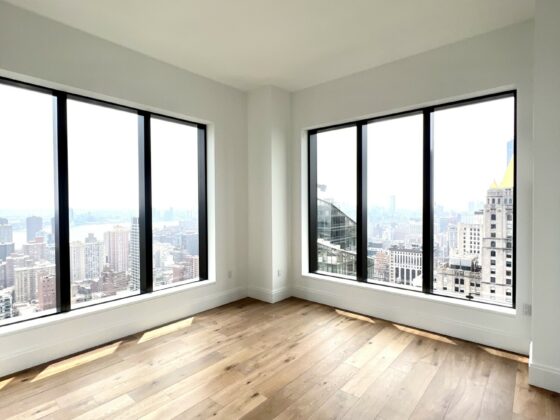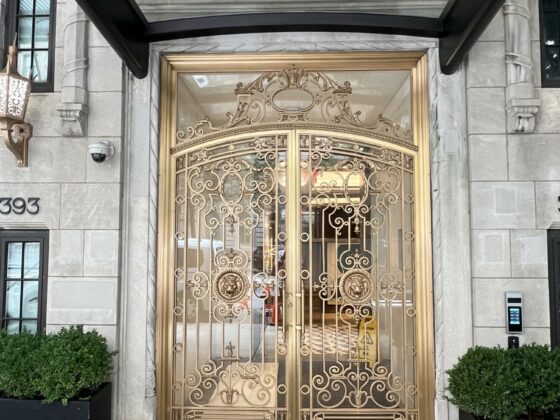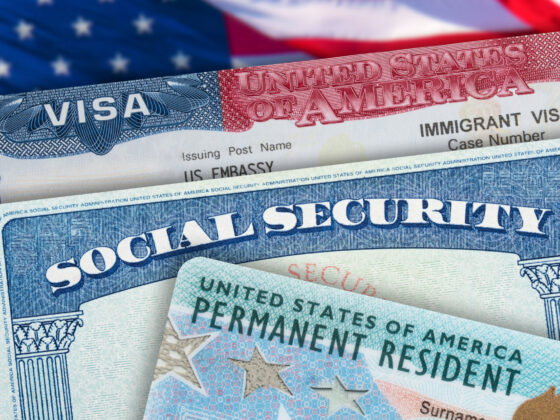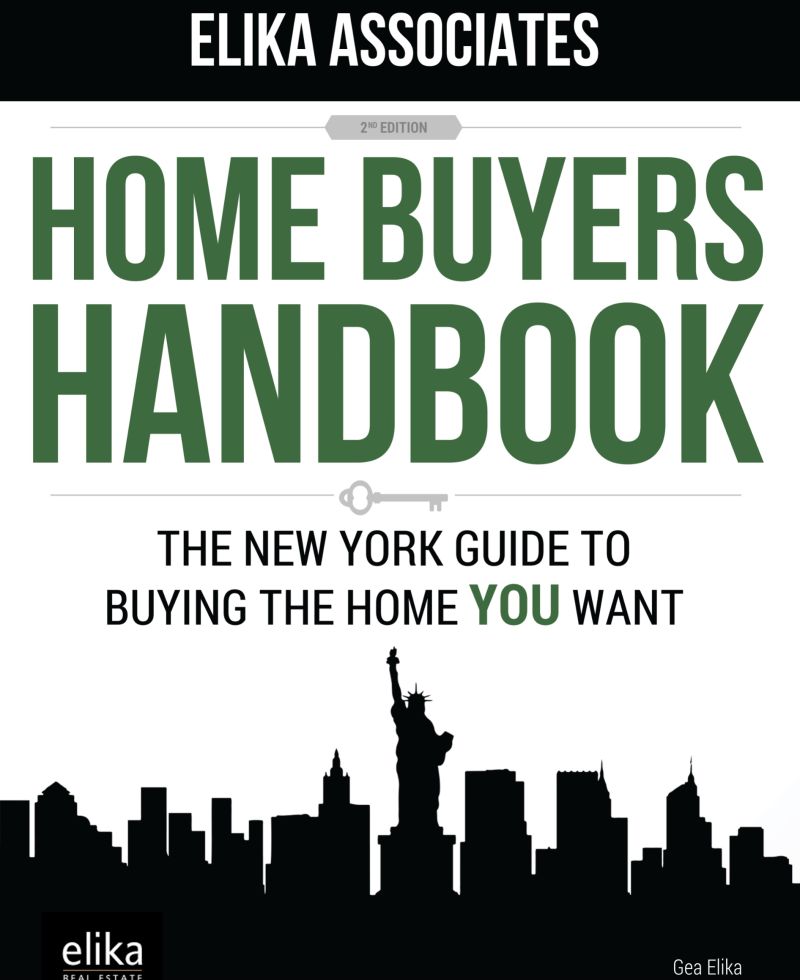Table of Contents Show
Have you ever observed the fluctuations of the US dollar and wondered who emerges to invest in the esteemed real estate in New York City? We’re delving into the world of foreign investors, whose interest in Manhattan properties intensifies when the strength of the US dollar wanes.
Let’s analyze this scenario with precision. Historically, whenever the US dollar exhibits signs of weakness, two distinct categories of foreign investors step into action:
The Value Vultures: A Dollar Dip Means Buying SpreeThe Value Vultures: A Dollar Dip Means Buying Spree
A weaker dollar translates to cheaper NYC property for investors with strong currencies. Here’s a peek at some key players:
- Germany: Those Teutonic titans love a safe investment, and NYC’s rock-solid reputation makes it a top target.
- Canada: Our neighbors to the north are no strangers to a fluctuating dollar. When the US dips, they see an opportunity to diversify their portfolios with a slice of NYC.
- Japan: Land of the rising sun, land of the savvy investor. A weak dollar makes NYC a steal for these yen-wielding whales.
The Geopolitical Guardians: Seeking Safe HavensThe Geopolitical Guardians: Seeking Safe Havens
These investors aren’t just chasing deals; they see a safe haven. Some parts of the world get even shakier when the US gets shaky. Enter NYC, the global city that screams stability. Here’s a historical look at some big movers:
- China: With a booming economy and a government wary of keeping all their eggs in one basket, China often turns to NYC real estate for security.
- Brazil: If their home turf gets a case of the jitters, Brazilian high net worth see NYC as a solid alternative.
- Russia: Political tensions can make some investors nervous, and that can send Russian rubles flowing into the NYC market.
Now, this isn’t a guaranteed list, folks. Every situation is different. But by checking’ historical trends, we can see a pattern emerge. When the dollar dips, investors with strong currencies and a need for stability come knocking on NYC’s door.
The Allure of NYC Real EstateThe Allure of NYC Real Estate
New York City has long been synonymous with prestige, prosperity, and unparalleled real estate opportunities. With its iconic skyline, bustling neighborhoods, and dynamic economy, the Big Apple has consistently attracted investors seeking lucrative ventures. From luxury condominiums overlooking Central Park to trendy lofts in Brooklyn’s hip neighborhoods, NYC offers diverse investment options catering to various preferences and budgets.
The Ebb and Flow of the US MarketThe Ebb and Flow of the US Market
However, like any market, the US real estate sector is subject to fluctuations. Economic downturns, regulatory changes, and geopolitical events can all influence property values and investment sentiment. During such periods of uncertainty, investors often seek alternative destinations where their capital can yield favorable returns and mitigate risks.
A Historical PerspectiveA Historical Perspective
Examining past instances of US market declines provides valuable insights into the behavior of international investors. During the financial crisis of 2008, foreign investors, particularly those from Europe and Asia, seized the opportunity to acquire distressed assets in New York City at discounted prices. During this period, countries like China, Germany, and the United Kingdom emerged as prominent NYC real estate market players.
The Rise of Emerging MarketsThe Rise of Emerging Markets
The global real estate investment landscape has witnessed significant shifts in recent years, with emerging markets gaining prominence. Nations in the Middle East, Latin America, and Asia-Pacific regions have seen rapid economic growth and urban development, attracting the attention of astute investors seeking high-yield opportunities.
The Role of Foreign CapitalThe Role of Foreign Capital
Foreign capital plays a pivotal role in shaping the dynamics of the New York City real estate market, especially during downturns in the US. Sovereign wealth funds, institutional investors, and high-net-worth individuals from countries such as Qatar, Singapore, and Brazil have increasingly allocated funds to NYC properties as part of their diversified investment portfolios.
Navigating Regulatory ChallengesNavigating Regulatory Challenges
While international investors bring capital and expertise, they must navigate cross-border transactions’ regulatory complexities and geopolitical risks. Changes in tax policies, visa regulations, and trade agreements can impact the flow of foreign investment into the US real estate market, influencing investor behavior and market dynamics.
The Outlook for the FutureThe Outlook for the Future
The global real estate landscape remains dynamic and interconnected as we look ahead. While New York City continues to be a magnet for investors seeking prime real estate assets, new economic powerhouses, and evolving geopolitical landscapes will undoubtedly reshape investment patterns and preferences.
Final ThoughtsFinal Thoughts
In the intricate tapestry of global real estate investment, the trajectory of the US market serves as a significant catalyst, influencing the behavior of investors worldwide. While New York City remains a perennial favorite among discerning investors, the ebb and flow of capital from various countries underscore the interconnected nature of the modern real estate landscape. By understanding historical trends and emerging dynamics, investors can position themselves strategically to capitalize on opportunities and navigate challenges in an ever-evolving market environment.
